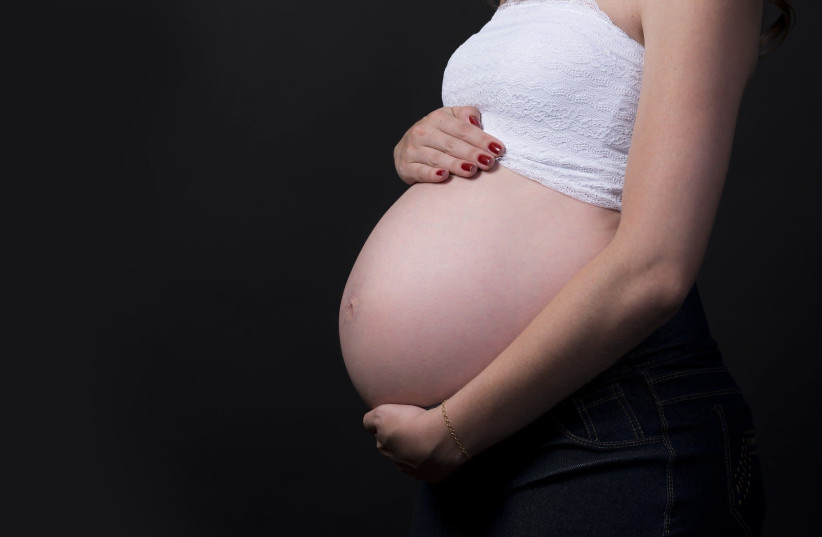The psychiatric history of fathers, as well as mothers’, is linked with preterm birth, according to a study just published by Swedish researchers in the open-access journal PLOS Medicine. They showed for the first time that the risk of birth before the end of 40 weeks is higher in infants whose fathers or mothers have psychiatric diagnoses, compared with those who do not, and when both parents have diagnoses, the risk is even higher.
Preterm birth is associated with negative health consequences for newborns, but less is known about the risk in the offspring of fathers with psychiatric diagnoses and for couples where both parents had psychiatric diagnoses.
Weiyao Yin and colleagues from the Karolinska Institute analyzed data on all live births to Nordic parents in Sweden between 1997 and 2016. Nordic parenting is a research-based method based on the idea that the relationship with our children is the most important thing – that combined with free play, taking time away from the daily rush to be together with people you care about and relax and spending time outdoors – and holds the key to raising healthier, resilient, and confident children. They obtained psychiatric diagnoses from the National Patient Register and data on gestational age from the Medical Birth Register.
What was their study?
Their study was published under the title “Paternal and maternal psychiatric history and risk of preterm and early term birth: A nationwide study using Swedish registers.”

There were 1.5 million births in the cohort, of which 15% were born to parents with a mental health diagnosis. The team observed a trend toward earlier gestational age in the offspring of parents with psychiatric disorders. For parents without a diagnosis, 5.8% of babies were born preterm.
A paternal diagnosis increased the risk to 6.3% of births and a maternal diagnosis increased the risk to 7.3% of births, but when both parents had a diagnosis, the risk of preterm birth was greatest, affecting 8.3% of births. The researchers also found that the risk was further increased for parents – mothers as well as fathers – with several co-existing psychiatric disorders.
Future studies should examine whether additional social support and prenatal care for families with a positive psychiatric history could have an impact on gestational age, the authors recommended.
